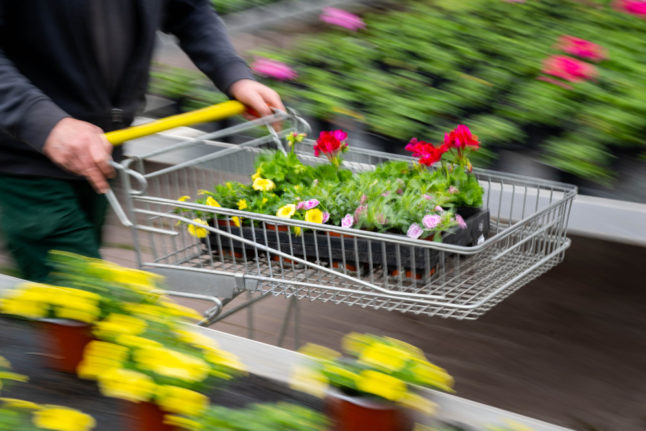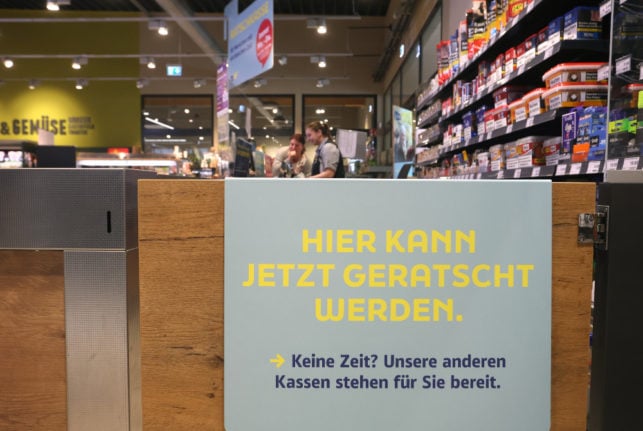The British government has promised to “take back our waters” after the UK leaves the European Union (assuming that the UK does leave). The British public has been encouraged to believe that there is an underwater El Dorado in the Atlantic, Channel and North Sea which is being “pillaged” by the French, Dutch, Danes, Spanish and others under the “unfair” terms of the EU fisheries policy.
There is a case for an adjustment of fish quotas in Britain’s favour as part of any final Brexit deal. But the hopes of some British fishermen, and the expectations of an ill-informed public, have been absurdly overblown by the rhetoric of UKIP, Conservative Brexiteers and the environment secretary, Michael Gove.
There will be no reasonable Brexit outcome for Britain unless it accepts a few simple truths. Continental and Irish fishing boats have been catching fish in “British waters” for many centuries. To exclude them, or to reduce their catches radically, post-|Brexit, would all but destroy the French, Danish and Dutch fishing industries. Boats from the Pas de Calais, Normandy and Brittany take more than half their catch within Britain’s potential economic zone or 200-mile limit.
A large part of the British industry depends on overnight, smooth exports of fish and shellfish to the continent and especially to France. That trade matters far more to many of the “fragile British coastal communities” championed by Mr Gove and UKIP than a huge “repatriation” of “British” fish now caught by EU boats.
It will be politically impossible for France or the EU to continue to facilitate this €1 billion trade if continental fishing fleets are locked out of British waters.
 (Fishing boats travel in the waters off the port of Grandcamp-Maisy on the Normandy coast, north-western France. AFP)
(Fishing boats travel in the waters off the port of Grandcamp-Maisy on the Normandy coast, north-western France. AFP)
This is the true context of the somewhat convoluted remarks about fish made by President Emmanuel Macron at the Brexit summit in Brussels on Sunday. The remarks caused a predictable explosion of righteous indignation in parts of the British media. The anger was based largely on ignorance – by British commentators and by President Macron himself – of the facts about fish.

Macron said that the EU would have “leverage” in the final stage of the Brexit negotiations on permanent trade arrangements between the UK and the 27. On issues such as level commercial playing fields, on technical standards and on fishing access, Britain would have to cede ground. If Britain refused to do so before the transition period ends in December 2020, it would risk being marooned permanently in the “backstop” of membership of the European customs union.
This was interpreted by British commentators as a “threat” to lock the UK into the “hated backstop” unless it gave way on fish. If that was what he truly meant, Macron was holding a gun to his own head.
Fish is excluded from the terms of the backstop. If transition ends without an agreement in 2020, the EU fisheries policy will no longer apply in British waters. French boats would lose access rights, which go back in some cases to the Middle Ages. Some threat, Monsieur Macron.
Small wonder that the French government scrambled today to explain the President’s remarks as merely a “commitment” to fight hard for French fishermen. In truth, other, more effective, threats are available to him and other EU governments.
If there is no hard-Brexit or Brexit is not reversed by a second referendum, there will inevitably be a trade-off on fish between the UK and the EU 27. Continued access for EU boats will be swapped for continued easy access to European markets for British lobster, crabs, langoustines and some white fish.
 (The remains of a small boat flying European flags is burnt on a bonfire during a demonstration in Whitstable, southeast England on April 8, 2018 against the Brexit transition deal that would see Britain continue to adhere to the Common Fisheries Policy. AFP)
(The remains of a small boat flying European flags is burnt on a bonfire during a demonstration in Whitstable, southeast England on April 8, 2018 against the Brexit transition deal that would see Britain continue to adhere to the Common Fisheries Policy. AFP)
Cue outrage on the part of Brexiteers and the blinkered, maximalist part of the British fishing industry. But consider the facts.
Continental and Irish fishing boats take about 58 per cent of the fish caught in British waters under the terms of the EU fisheries policy launched in 1983. French boats take about 8.4 per cent.
French quotas for cod and sole are generous – too generous – in the Channel, where the fish, for some reason, mostly swim on the British side of the “median line”. British boats are allowed only about 8 per cent of the cod caught there.
But, in UK waters overall, British boats take 71 per cent of the cod; 80 per cent of the haddock; 58 per cent of the mackerel; 85 per cent of the langoustines. A large part of the EU catch consists of inedible fish netted by the Danes for pig-feed.. Much of the French catch consists of species like Saithe and Whiting which the French eat but the British don’t.
It is reasonable that British boats should have some improved shares if Britain does split from the EU. The scope for improvement, except in the Channel, is not as huge as Brexiteers claim.
In any case, it is absurd to imagine that France could ever agree to a friendly EU divorce with Britain which would, in effect, destroy the French fishing industry.
You can follow John Lichfield on Twitter @john_lichfield.





 Please whitelist us to continue reading.
Please whitelist us to continue reading.
Member comments